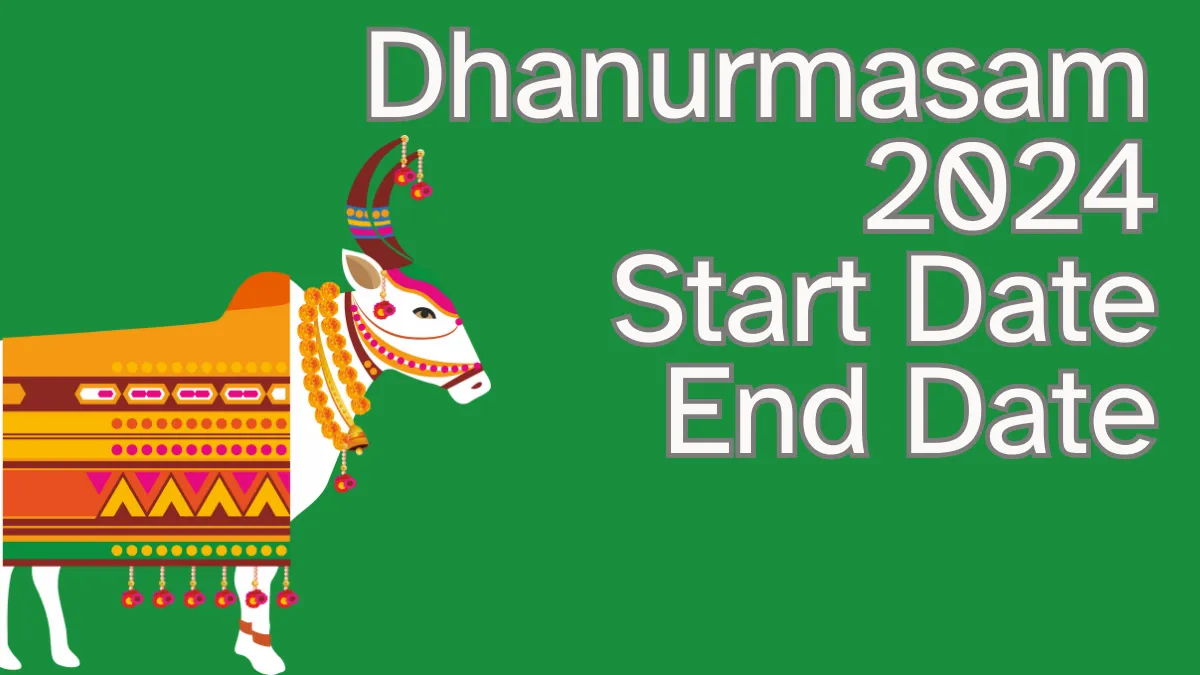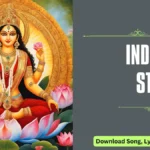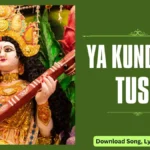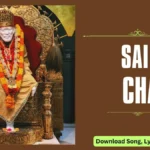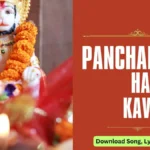What is Dhanurmasam ?
Dhanurmasam 2024: “Dhanur” refers to righteousness (Dharma). Any righteous action performed during this month is said to directly reach the lotus feet of Lord Maha Vishnu. This month begins when the Sun transitions from Scorpio (Vrischika Rasi) to Sagittarius (Dhanus Rasi) and lasts for 30 days.
ALSO READ – Pushya Masam 2025 Detailed Telugu Calendar With Tithi and Nakshatra
This month is filled with joy and celebration. New crops are harvested, new family bonds are formed, and the month is vibrant with festivals. The air is filled with the songs of Haridasas, the presence of traveling deities (Jangama Devalas), and the dances of Gangireddu performers.
Homes are adorned with colorful rangolis (muggulu), and cow dung balls (gobbemmalu) are placed in front of them, symbolizing prosperity. Farmers rejoice as they store the grains harvested from their fields.
Spiritual Significance of Dhanurmasam 2024
This holy month is closely associated with Goda Devi (Andal), who dedicated her prayers to Lord Krishna through the composition of Tiruppavai Pasurams (30 hymns). These Pasurams describe Krishna’s glory and are recited during this month. The gobbemmalu represent the Gopis and Goda Devi herself.
Young girls wake up at dawn, bathe, draw rangolis, and decorate them with cow dung balls, turmeric, vermilion, and flowers. These balls are offered in prayer and later burnt in the Bhogi fire or used to cook offerings like payasam (sweet porridge) on Ratha Saptami. It is believed that this practice removes negative energies and protects children from evil eyes.
On Bhogi Day, Lord Krishna is said to have married Goda Devi, symbolizing the culmination of her month-long devotion. Hence, during this period, devotees worship Maha Vishnu with the name Keshava.
Dhanurmasam 2024 start date and end date telugu calendar
- Start:
December 16, 2024 (Monday), at 6:57 AM, when the Sun enters Sagittarius (Dhanus Rasi). - End:
January 13, 2025 (Monday), on Bhogi Festival Day. On January 14, 2025 (Tuesday) at 2:45 PM, the Sun transitions into Capricorn (Makara Rasi), marking Makara Sankranti.
Practices to Follow During Dhanurmasam:
- Devotion and Worship:
- Perform special prayers, chant divine names, and observe the Katyayani Vratam.
- Recite the Pasurams (sacred hymns) composed by Goddess Goda Devi every day.
- Offer prayers to the Sun, practice charity, and engage in spiritual austerities.
- Decorating the Home:
- Draw colorful rangolis (muggu) in front of the house and place cow dung balls (gobbemmalu) as part of traditional worship.
- Special Worships:
- Observe the Katyayani Vratam, a sacred vow for divine blessings.
- In Tirumala, instead of the usual Suprabhatam, recite the Tiruppavai hymns dedicated to Goda Devi.
- Participate in the Goda Kalyanam (divine wedding of Goda Devi and Lord Ranganatha), traditionally celebrated on Bhogi day.
Why Are Auspicious Events Avoided During Dhanurmasam?
- Astrological Reasons:
- During this period, the Sun is considered weak as it transits through Sagittarius (Dhanus Rasi).
- Although it is considered a Brahmi Muhurta for worship, it is not ideal for auspicious activities like weddings.
- Activities to Avoid:
- Marriages, housewarming ceremonies, purchase of new properties, vehicles, or other significant investments are avoided.
How to Perform Dhanurmasam Worship?
- Preparation:
- Begin by offering sandalwood paste and vermilion to Goda Devi and Krishna’s idols or images.
- Decorate them with flowers and light a lamp.
- Sankalpam (Resolution):
- Chant your family lineage (Gotra) and express your wishes or difficulties to Lord Krishna and Goda Devi.
- Seek their blessings to complete this worship without obstacles.
- Offerings:
- Perform abhishekam (ritual bathing) with Panchamrutam (a mixture of milk, curd, ghee, honey, and sugar) and coconut water.
- Offer fresh flowers like tulsi leaves, jasmine, or any available flowers.
- Chanting:
- Recite the Krishna Ashtottara Shatanamavali (108 names of Krishna) and Goda Devi Ashtottara Shatanamavali (108 names of Goda Devi).
- Naivedyam (Food Offering):
- Prepare dishes like sweet pongal, curd rice, or pulihora (tamarind rice) as offerings.
- Conclude the Worship:
- Offer camphor aarti, chant Goda Ranganatha Abhyam Namah, and conclude with prayers for the well-being of all.
You can repeat a simpler version of this worship in the evening by offering a small fruit or jaggery piece, lighting incense sticks, and chanting God’s names.
You may also like – Lalitha Sahasranama
FAQ
Who Can Perform This Worship?
Women observing this worship can pause during unavoidable circumstances and resume after purification for spiritual and material fulfilment.
Anyone—men, women, and children—can observe this worship.
